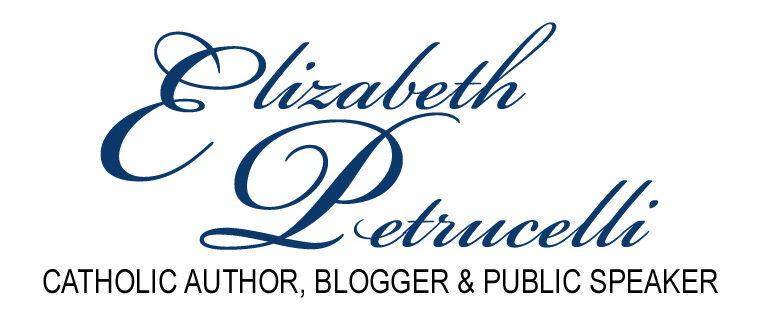USA Today published an article today entitled The Rate of Women Dying in Childbirth Surged by 40%. These Deaths are Preventable. Let’s talk about this because I was almost one of those statistics. But first things first. Ya’ll need to stop believing that the United States is immune to a high maternal mortality rate as…
Category: childbirth education
The Formula Shortage
I can’t imagine being a new mother these days. You are scared to death that you or your baby will die from COVID and now you can’t feed your baby if you use formula. I can only wonder, is this more propaganda to get us to stop having babies?? Look, we are not overpopulated nor…
What Pregnancy is this for you?
I remember when I attended my last pregnancy prenatal yoga class. On the first day, the instructor asked, “What pregnancy is this for you?” She asked all the attendees. She started with “Raise your hand for #1,” then said, “#2?” “#3?” With each number, women would raise their hands but she stopped at #3. I…
Termination
Eighteen months ago, I embarked on a journey. A journey I have never been on in 26 years I have been employed. I have been relatively silent about this journey, mostly to protect myself from embarrassment and my current employer. But like most things, opportunities present themselves and doors are opened which allow the silence…

